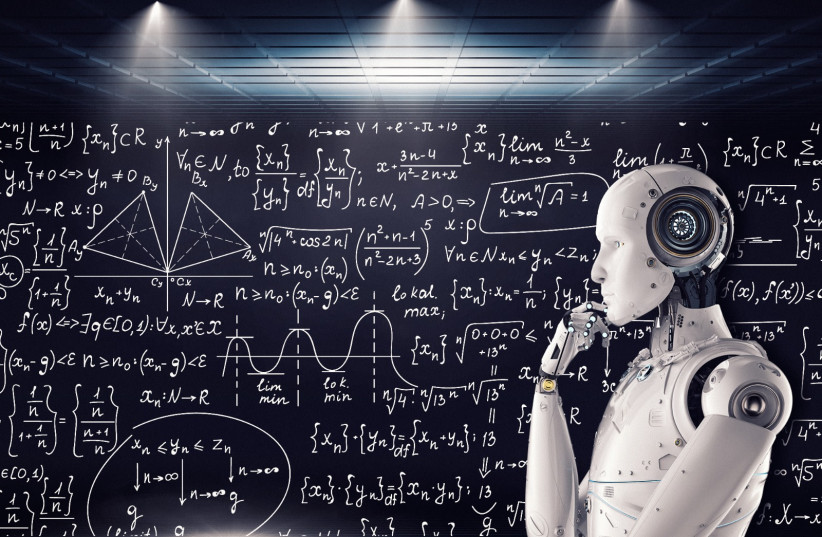New York Senior Rabbi Josh Franklin, of the Jewish Center of the Hamptons, surprised his congregation earlier this week by delivering a sermon written entirely by Artificial Intelligence (AI.)
The rabbi used the ChatGPT chatbot, a free-to-access AI program launched in November of last year.
After reading the AI-written piece, Rabbi Franklin asked his congregation to guess who had written the sermon. In response, the congregation incorrectly guessed that Rabbi Jonathan Sacks had written the piece.
Can an AI do the work of a rabbi?
The rabbi then expressed fear over the advancement of AI. He expressed fear of knowing where content comes from, fear of AI replacing jobs and fear for future developments.
While Rabbi Franklin expressed the belief that AI would not be taking his job anytime soon, AI has the potential to take hundreds of millions of jobs. According to Zippia, half of all companies currently use some form of AI, and 375 million jobs are expected to become obsolete over the next decade.

Artificial intelligence and Nefesh: A Talmudic debate
The rabbi was confident that, despite the excellently written sermon, AI would not be taking over his job because technology lacks 'nefesh' (Hebrew for soul). While technology might be able to mimic emotions and write in-depth about human relationships, it cannot feel and it has no soul, the rabbi argued.
Franklin's statement on AI's lack of 'nefesh' is one of Talmudic debate.
Rabbi Gershon Winkler has argued that if golems, clay humanoid creatures created by Jews to protect Jews, can be considered Jewish then a robot might one day be able to be called Jewish. If a robot is considered Jewish, it is because the robot would have a Jewish soul.
Perhaps, one day, AI will participate in prayers and even lead some as an accepted Jew.
